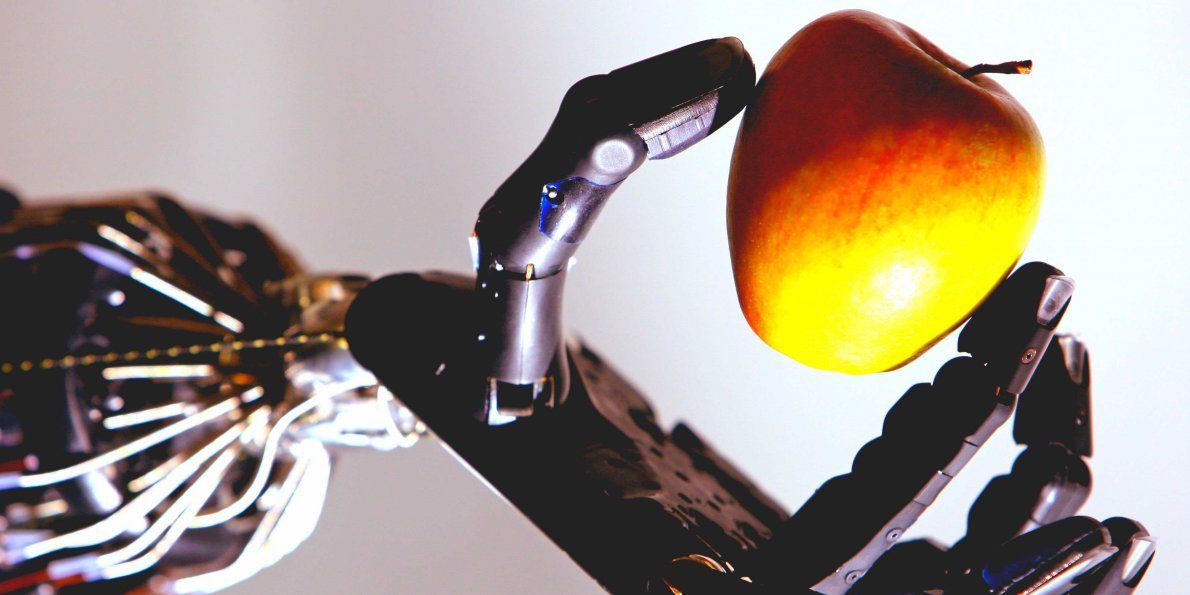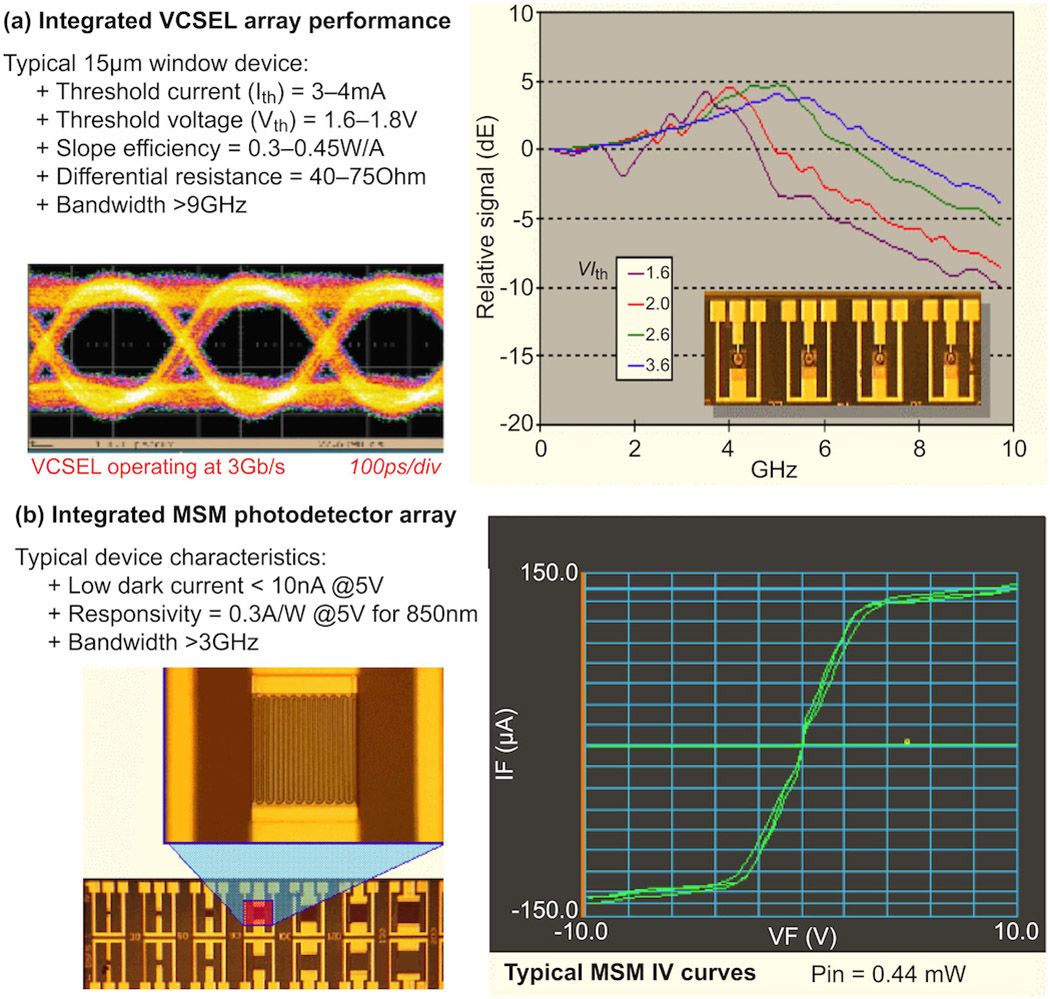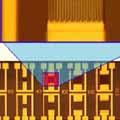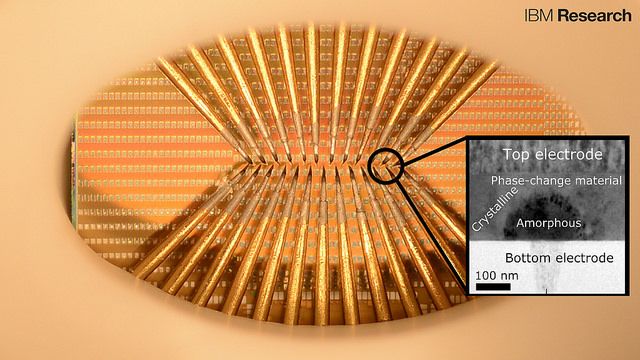Aug 15, 2016
Facebook’s 10-Year Plan: Connectivity, Artificial Intelligence, And Virtual Reality
Posted by Shailesh Prasad in categories: internet, robotics/AI, transportation, virtual reality
Earlier this year at Facebook’s F8 conference, the company revealed three innovation pillars that make up the company’s ten-year vision: connectivity, artificial intelligence (AI), and virtual reality (VR). Facebook’s Chief Technology Officer Mike Schroepfer is responsible for leading each of them. Despite the fact that the vision is ten-years in duration, the company has made significant progress in each.
Facebook’s progress in AI can been seen in everything from the company’s news feed to the way in which people are tagged. The virtual reality innovations are best demonstrated through the Oculus Rift, which I demo’d last Thursday. More recently, the company made a great flight forward on the connectivity pillar as Acquila, a long-endurance plane that will fly above commercial aircraft and the weather, took flight in Arizona. The goal is for this v-shaped aircraft that has a wingspan longer than a Boeing 737, but weighs under 1,o00 pounds to bring basic internet access to the developing world.
I met with Schroepfer at Facebook’s headquarters in Menlo Park, and we discussed these three pillars and a variety of other topics, including the company’s recruiting methods, how the company maintains its innovative edge, and the logic behind its headquarters — one of the largest open-space offices in the world.

















